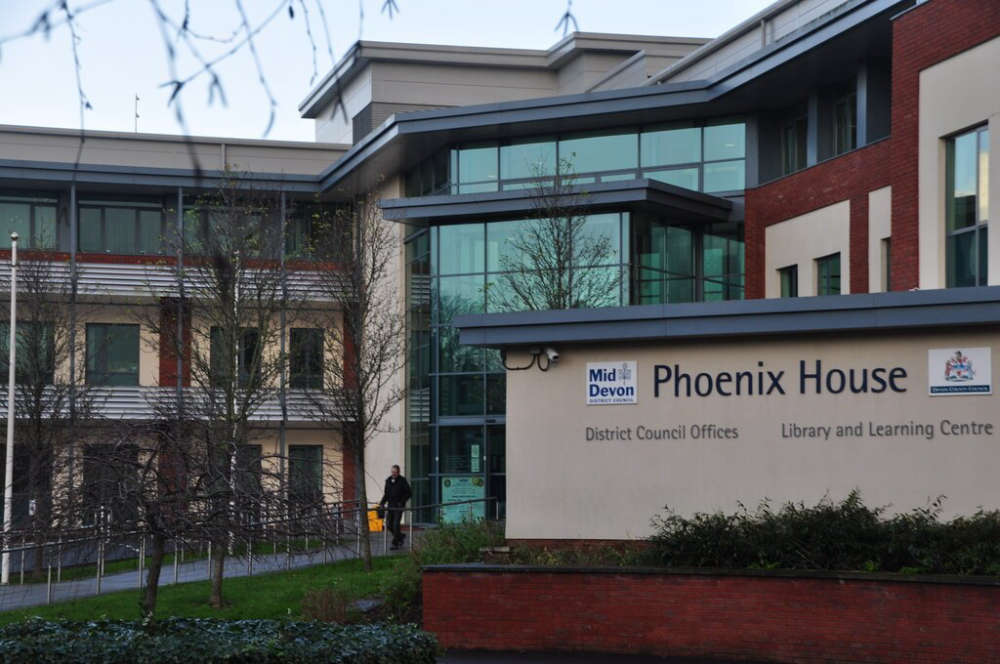
Critics are unsatisfied
Critics have spoken out in frustration about a report aimed at drawing a line under the 3 Rivers housing firm debacle in Mid Devon that they say leaves questions unanswered.
A working group of four Mid Devon councillors and one council officer presented a ‘lessons learned’ report to the scrutiny committee this week aimed at assessing what contributed to the failure of the soon-to-close housing firm, and what should be done differently if a similar entity is launched again.
The report highlights mistakes around the company’s set-up in 2017 and its subsequent operation. Its 10 recommendations lay bare various shortcomings.
The topic dominated public questions at the meeting, with concerns about the working group’s short timeframe to conduct its work, worries about its remit, the transparency of the evidence the report relied on, and claims of factual errors.
The report noted that the council and the company had different attitudes to risk, meaning that a development company was “not the most appropriate form of commercial enterprise for the council to initiate to supplement its income.”
It continued: “With hindsight, the challenge in bringing two organisations with fundamentally different cultures together required greater thought and consideration, and that challenge ultimately proved too difficult to achieve in this instance.”
It paints a picture of an authority trying to mitigate the risks associated with 3 Rivers, but not fully aware that these actions curtailed the firm’s flexibility and its ability to make quick decisions.
The separation between 3 Rivers, a commercial entity, and the council, a political body and lender, was “never wide enough to enable the board of 3 Rivers to take timely, independent, operational decisions.”
It outlines an instance where Mid Devon’s planning committee refused a 3 Rivers application, which the company successfully appealed, and was awarded costs.
It added that the decision to take on the “difficult site at St George’s Court” was “influenced by political considerations regardless of the fact that anticipated returns, though positive, were low”, and that “no advice” was sought from an independent commercial or banking lender as to the structure or viability of the business plan.
Specialised commercial property development skills at inception “would have significantly strengthened the board”, it said.
Councillor Gordon Czapiewski (Liberal Democrat, Tiverton Lowman), who chaired the working group, said it looked at council minutes, external reports, written submissions and letters from the public.
He outlined the 10 recommendations, which included that if a similar company was set up again, at least two board members should be unrelated to the council, that there should be “necessary distance” by the council from commercial decisions, and that an exit strategy should be in place from the beginning.
Cllr Czapiewski acknowledged it had not been possible to interview everyone who had experience of the company since its launch in 2017, or to scrutinise every single document, but that the relevant material was made available to the working group, including documents from confidential sections of council meetings when the press and public are excluded, known as Part 2.
Barry Warren, who chairs Willand Parish Council but was speaking in a personal capacity, asked who had set the timeframe for the working group to operate in and who had decided which materials were made available for it.
He also questioned whether audio recordings had been listened to, and whether the working group would make a comment on the “loss of millions of pounds.”
Cllr Czapiewski said council leader Luke Taylor (Liberal Democrat, Bradninch) had set the timeframe in agreement with scrutiny committee chair Councillor Rachel Gilmour (Liberal Democrat, Clare & Shuttern), and that the working group had access to all the material it required.
He acknowledged that audio recordings were not listened to, primarily because much of the previous debate on 3 Rivers had been in Part 2 proceedings, and so weren’t recorded.
Speaking after the meeting, Mr Warren said he had not been interviewed by the working group, in spite of being leader of Mid Devon when the authority decided to limit 3 Rivers to completing its two remaining projects in Tiverton and Bampton.
Another resident, Paul Elstone, asked why former council leaders were not interviewed in person, especially when the working group was “made aware of threats against them,” adding that evidence was available that conflicted with some statements in the report, and that the working group hadn’t stated who should have prevented the failings and how.
“Why was the root cause not addressed in the report, as that is something that is a serious omission,” he said.
He claimed he had seen an email that “can only be described as explosive” in terms of identifying a possible reason for the firm’s failure, and queried whether the working group had seen this.
Andrew Jarratt, deputy chief executive at Mid Devon, said a “six-figure sum” had been spent by the authority on external reports into 3 Rivers, including on one by its external auditors Grant Thornton investigating allegations of fraud and malpractice.
Cllr Gilmour, echoing the ‘lessons learned’ report, said these allegations had proved to be “unsubstantiated.”
Nick Quinn, another resident, also queried what he called some “factual errors” – including a suggestion that there were four directors of the company at launch when Companies House shows three – and questioned why the working group had not been given longer to complete its work, as well as whether the report would be debated by full council.
He was told that the working group “do not accept any statements are incorrect” and that it had “not been shown evidence to suggest that,” while also being informed it was “too late for further evidence” and that the report would not be debated by other council committees.
Councillor Rhys Roberts (Conservative, Cadbury), a member of the working group, acknowledged he would have “preferred more time” for the report as it would have “given us an opportunity to talk to more people who were involved and had knowledge of the company and were part of the decision-making process.
“But, given the timescale, I’m comfortable with the fact that we spoke to key stakeholders and decisionmakers, and were able to question them freely, with those people having no prior knowledge of the questions we wanted to ask.”
He added that nobody declined to speak to the working group and that information it requested from interviewees was freely given.
“This report comes on the back of numerous independent reports that have already been published about the company and its failures,” he said.
“It’s a catastrophic failure, a financial failure for the council, and that’s why we are spending so much time looking at the implications for the future so it doesn’t happen again.”
Another member of the public, Kate Clayton-White, said constituents wanted accountability, and so the fact former councillors were able to give statements to the working group anonymously was “preposterous.”
“I’m yet to hear anyone praise the way the council is handling this matter,” she said, adding: “This committee needs to scrutinise properly and make all its findings available with nothing hidden behind Part 2 confidentiality.”
Cllr Gilmour said some interviewees had requested anonymity, and so the working group had decided to grant it to all those who contributed to the report’s findings.
“Had we not done so, it is likely the statements would have been superficial and not helpful,” she said.
Last month, Mid Devon said it estimated that £3.7 million would need to be written off in the current financial year in relation to 3 Rivers, and that the value of confirmed impairments had reached £5.3 million as at March this year.
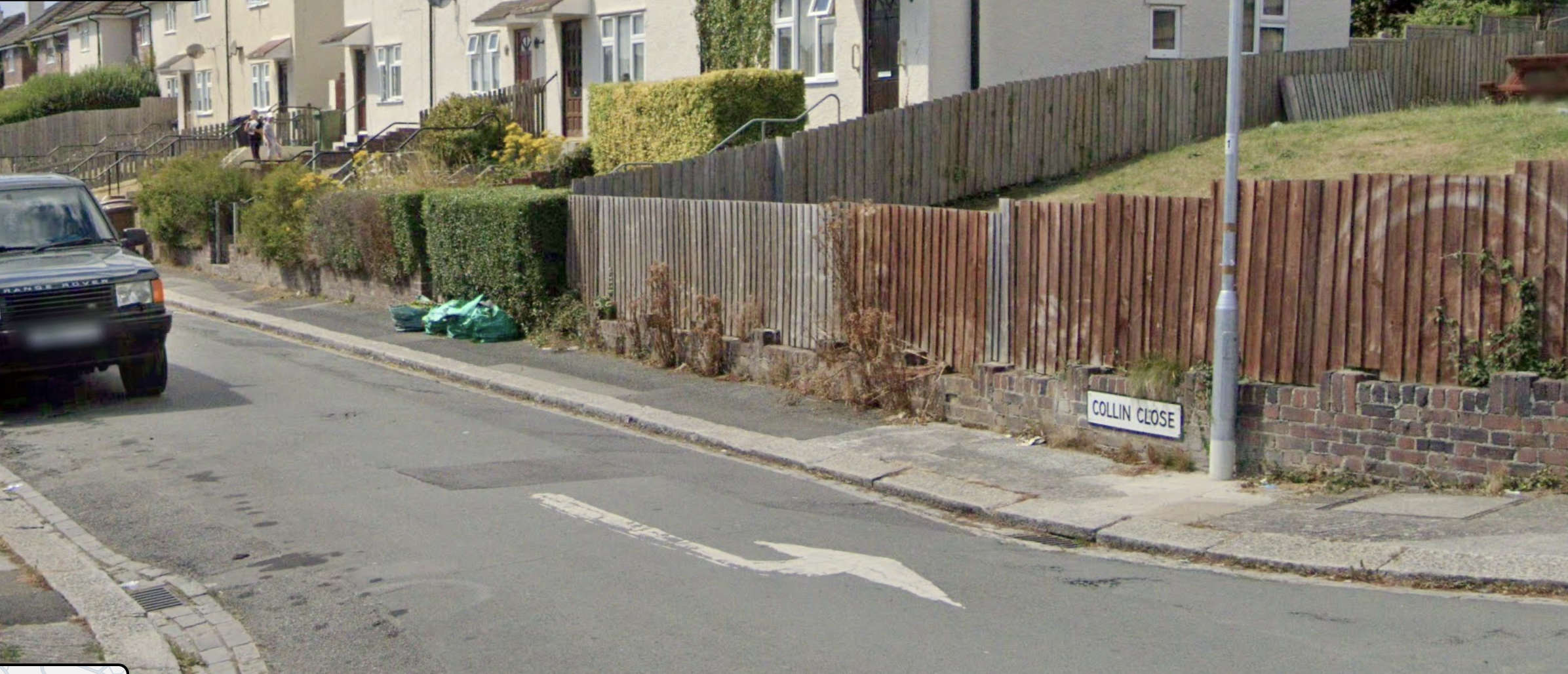 Two people injured in suspected Plymouth stabbing
Two people injured in suspected Plymouth stabbing
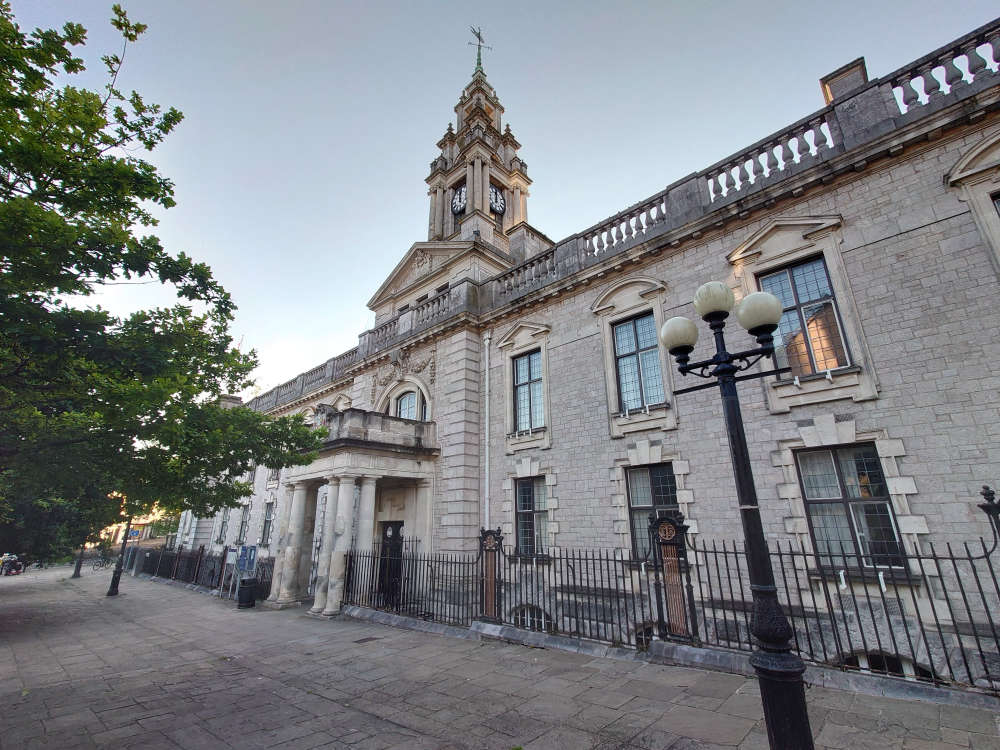 Four councillors banned from council tax debates
Four councillors banned from council tax debates
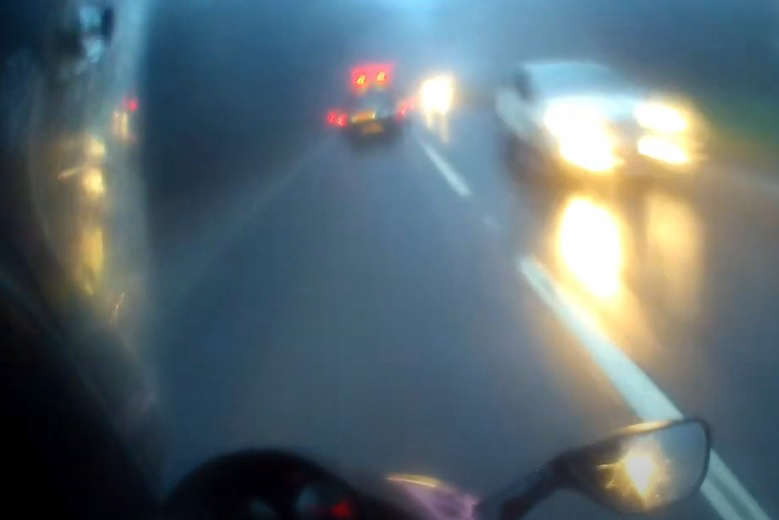 Video shows Devon biker causing horrific crash
Video shows Devon biker causing horrific crash
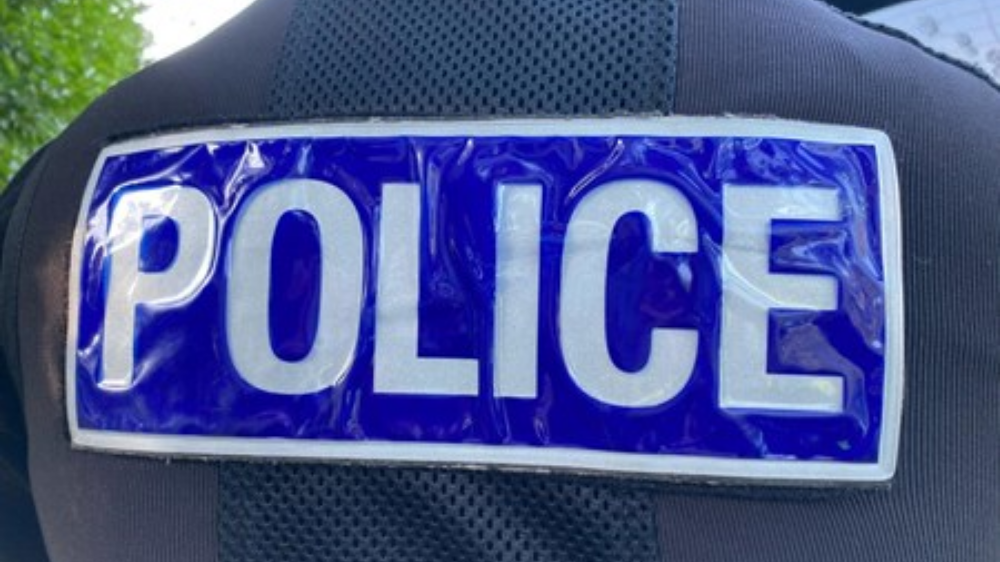 Murder charge after Kingsbridge crash
Murder charge after Kingsbridge crash
 Poorly monkey gives birth to healthy baby
Poorly monkey gives birth to healthy baby
